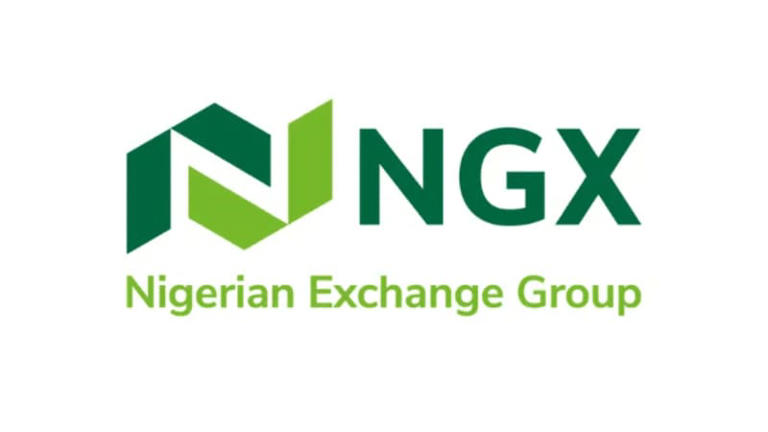Investing in the Nigerian stock market has proven to be a lucrative venture. In the past year, the Nigerian Exchange (NGX) appreciated by over 45% with several stocks delivering impressive returns, some up to 1000%. Yet, the market’s volatility and unique risks mean investors should be well-prepared before diving in.
Listed below are some key aspects to understand before investing in Nigerian stocks.
Understand the Market
Before diving into the Nigerian stock market, it is essential to understand how the NGX operates. The NGX is where companies from various sectors list their shares, and it is influenced by diverse factors, including economic conditions, market demand, government policies, and global events.
Familiarity with key indices such as the All-Share Index, NSE 30, and sector-specific indices is essential. Also, learn about market orders, limit orders, and the difference between market and limit orders.
- Advertisement -
Choose a licensed stockbroker
Stockbrokers serve as intermediaries, facilitating trades on behalf of investors. You can choose between traditional brokers and online platforms. Platforms like Stanbic IBTC Stockbrokers and Meristem Securities are popular choices in Nigeria, while mobile apps such as Trove and Bamboo have gained traction for convenience.
Whichever type you choose, ensure they are SEC-registered, as this safeguards your investments and offers a layer of legal protection. Additionally, compare fees among brokers, as transaction costs can significantly affect returns, especially for frequent traders.
Diversify across sectors
Due to the country’s reliance on oil, the Oil and Gas Index is a significant focus for many investors. However, it is wise to consider other sectors, such as the Industrial Index or banks. Banks like GTBank, UBA, and Zenith Bank are known for steady dividends. Additionally, tech and fintech companies are showing promise for growth due to increased digital adoption in Nigeria, and their stocks may offer significant capital gains over time.
Evaluate risk tolerance and set goals
Investors need to identify their financial goals and risk tolerance before entering the Nigerian stock market. Short-term traders may prefer high-growth stocks, while long-term investors might prioritize stability through well-established firms or dividend-paying stocks. Understanding one’s risk tolerance is crucial, as some stocks may experience high volatility, and it’s essential to be comfortable with potential losses.
Explore ETFs and mutual funds
For investors who prefer a diversified approach with lower risk, Exchange-Traded Funds (ETFs) and mutual funds are viable options. ETFs allow investors to own a basket of stocks across various sectors, reducing risk exposure to any single stock. Mutual funds, managed by professionals, can offer consistent returns without requiring in-depth market knowledge from the investor.
- Advertisement -
Consider upcoming IPOs and new listings
Keeping an eye on Initial Public Offerings (IPOs) is another way to uncover opportunities. The newly listed Dangote Refinery is one such example. IPOs can provide early access to high-potential companies, and investors may benefit from the initial price surge if the company performs well post-listing.
Be aware of fees, taxes and trading hours
The NGX charges both statutory fees (which go to regulators) and brokerage fees (which vary among brokers). In terms of taxes, there’s no capital gains tax on shares below N100 million, but amounts exceeding this threshold incur a 10% capital gains tax.
It is also important to pay attention to trading hours. Timing trades can influence stock prices, and monitoring trading hours can help maximize returns.
From growth stocks to dividend stocks and even emerging IPOs ( initial public offerings), the Nigerian stock market provides diverse opportunities. With the right information, investors can more comfortably navigate the Nigerian stock market and possibly achieve substantial profits.










